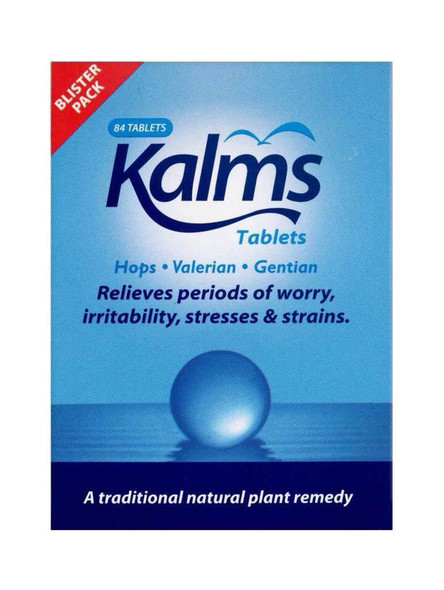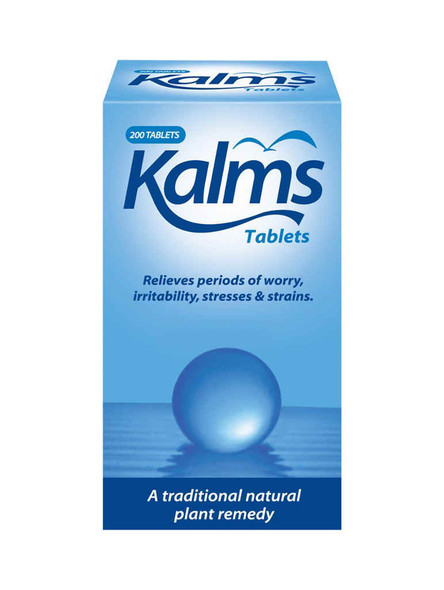Anxiety is feeling worried, nervous, or fearful, often in response to stress or perceived threats. It can cause restlessness, trouble concentrating, rapid heartbeat, and other physical symptoms. Treatment can include therapy, medication, and lifestyle changes to help manage symptoms.
More about anxiety
What is anxiety?
An anxiety disorder is a type of mental health condition. You might react with fear and dread to certain circumstances if you have an anxiety disorder. Anxiety may also manifest as physical symptoms like sweating and a racing heart.
It’s normal to have some anxiety. You may feel anxious or nervous in day to day things such as taking a test or having to make an important decision. And anxiety can even be beneficial by helping us notice dangerous situations and focusing our attention, so we stay safe.
But an anxiety disorder goes beyond regular nervousness and the slight fear you may feel now and then. An anxiety disorder happens when:
- Anxiety interferes with your ability to function
- You often overreact when something triggers your emotions
- You can’t control your responses to situations
Anxiety disorders can make it difficult to get through the day. Fortunately, there are several effective treatments for anxiety disorders.
What are different types of anxiety disorders?
There are several types of anxiety disorders, including:
- Generalised anxiety disorder (GAD)
- Panic disorder
- Phobias
- Separation anxiety
- Post-traumatic stress disorder (PTSD)
- Obsessive-compulsive disorder (OCD)
What are symptoms of an anxiety disorder?
Symptoms vary depending on the type of anxiety disorder you have. General symptoms of an anxiety disorder include:
Physical symptoms:
- Cold or sweaty hands
- Dry mouth
- Heart palpitations
- Nausea
- Muscle tension
- Shortness of breath
Behavioural symptoms:
- Inability to be still and calm
- Trouble sleeping
Mental symptoms:
- Feeling panic, fear and uneasiness
- Repeated thoughts/flashbacks of traumatic experiences
Review Date: March 2024



